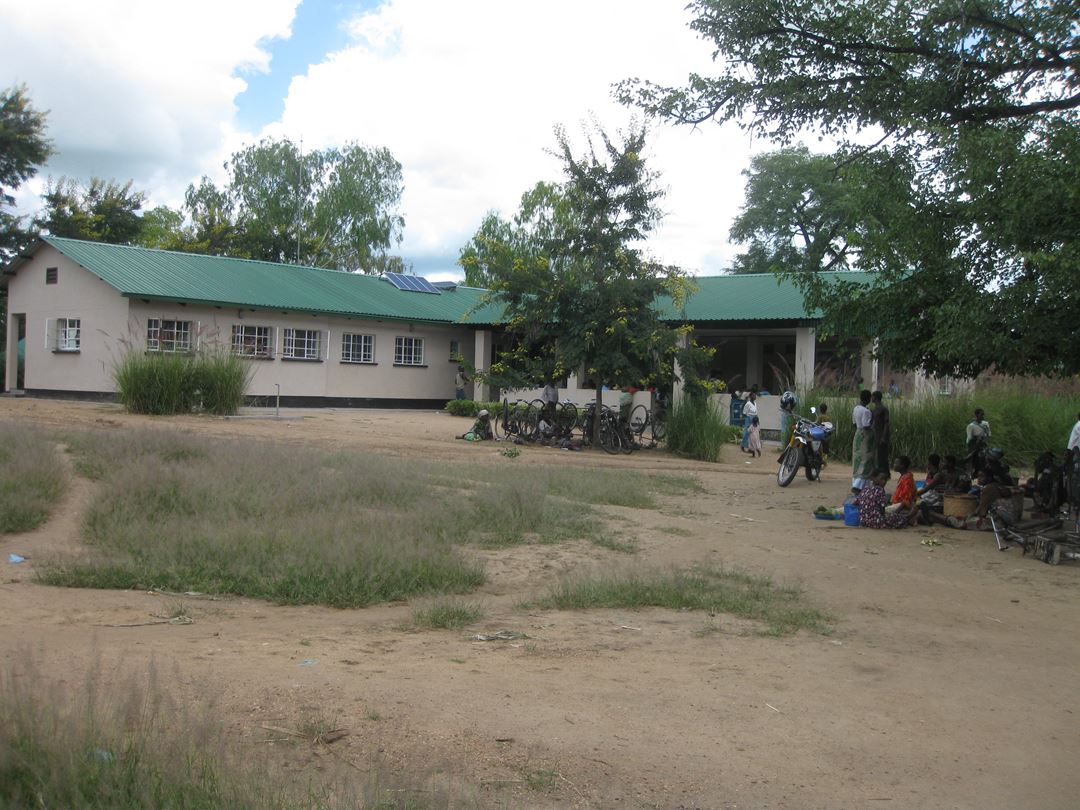Since the adaption of the strategy there has been significant improvement to the treatment outcome of diagnosed TB patients worldwide. Yet, the estimated global TB-Incidence is currently declining very slowly (around 2 % per year according to a 2012 WHO report). Insufficient case-detection is seen as one of the main reasons for this. From recent surveys we know, that there is a large pool of undetected TB particularly in the current high-burden countries, leading to a call for more active approaches to find these missing cases. Tuberculosis screening should target poor, vulnerable, and disadvantaged people with substantially increased risks of tuberculosis. These groups have challenges in accessing health services which is also the case for individuals with disability. It can therefore be assumed that disability is a risk factor for non-detection of TB. Malawi has not conducted a national TB prevalence survey since the establishment of the NTP. It is therefore highly uncertain whether TB services are carried out in an equitable way.
To shed more light on these issues in Malawi, the Norwegian Heart and Lung Patient Organization (LHL) has commissioned SINTEF and Reach Trust Malawi to carry out a qualitative, explorative study in two phases:
In phase 1 of the study (2011 – 2012), 34 interviews with individuals with disability were carried out in Machinga District, Malawi, with the aim to develop a contextual understanding of experiences of people with disabilities when accessing TB and HIV services in Malawi.
Phase 2 (2013 – 2014) will further generate knowledge about access to TB and HIV services for individuals with disability in Malawi through an in-depth study of the encounter between the service receiver on one hand and the service deliverer and the service system on the other. This will enhance the scope of Phase 1 and contribute to a broad and in-depth understanding of barriers and facilitators for accessing such services.

